Seven-point Mind Training
Teachings on the Seven-point Mind Training by 12th-century Tibetan master Geshe Chekawa, one of the earliest texts in the thought transformation (lojong) genre of teachings.
All Posts in Seven-point Mind Training
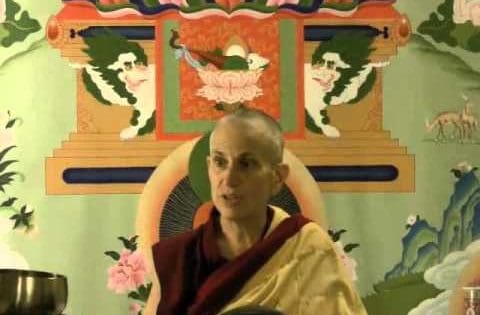
The maxims of mind training
How the maxims can be used to transform mental states that contradict the mind training…
View Post
The precepts of mind training
How we tend to view others as objects or commodities for our own happiness rather…
View Post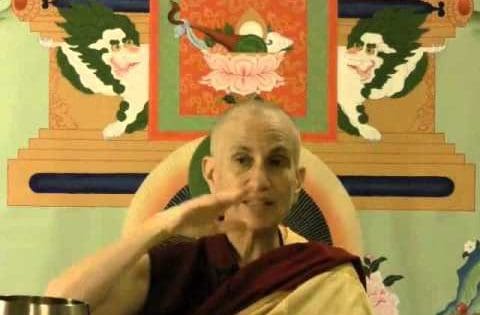
Merely imputed New Year’s Eve
On the eve of the new year, a reflection on how "New Year's Day" is…
View Post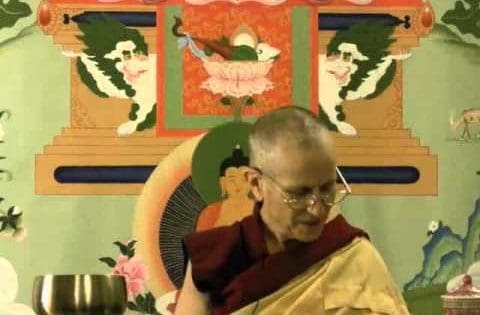
Cultivating compassion
Creating conditions beneficial to practice, cultivating compassion without bias, and intellectual versus emotional compassion.
View Post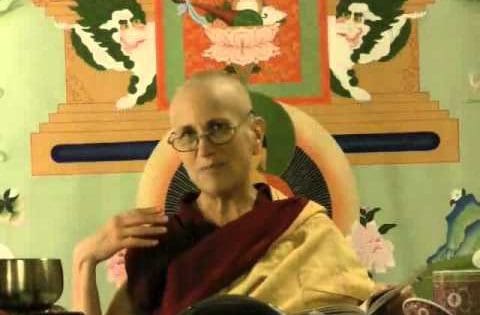
Virtuous activities and thoughts
How we should not cease doing virtuous activities of body, speech and mind and why…
View Post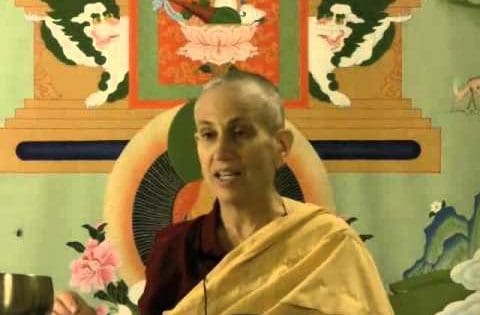
Six types of inverted deeds
The six types of inverted deeds to avoid in practice, and the benefits of practicing…
View Post
Review: Precepts of mind training
How we can apply the mind training slogans during our daily activities and interactions.
View Post
Restricting the environment
The benefit of restricting the environment and keeping some distance from the objects that give…
View Post
Teachings on emptiness
The type of person who is suitable to receive teachings on emptiness and the danger…
View Post
The time for emptiness
The time for imparting (and receiving) the teachings on emptiness and the meaning of regarding…
View Post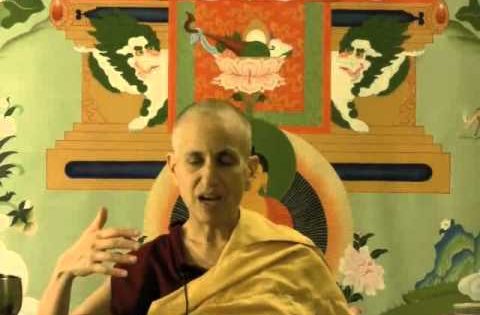
Cultivating ultimate bodhicitta
The difference between definitive and interpretable teachings and the method for negating a gross misconception…
View Post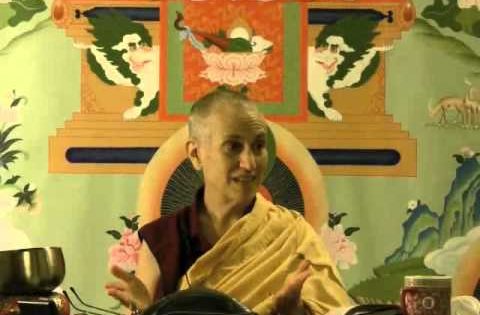
What ignorance is
Recognizing what ignorance is and why it is important to identify the object of negation…
View Post